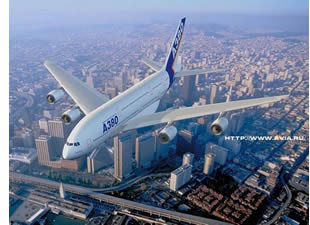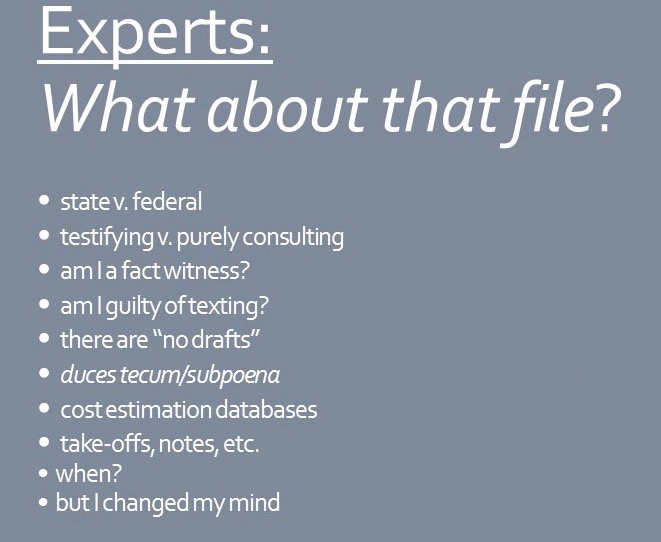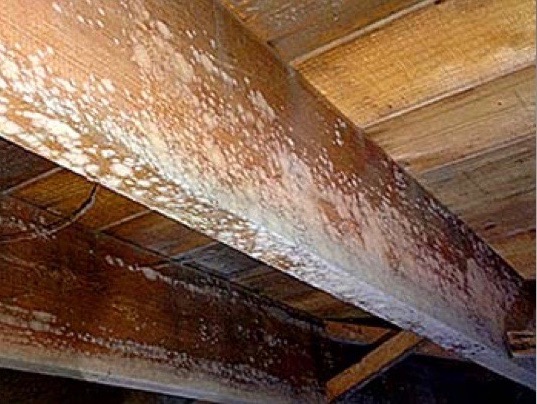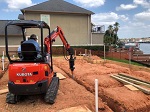

Webmaster: Stansfeld, LLC. |
|
|

SEPTEMBER 2010 MEETING
Wednesday, September 8, 2010
TECHNICAL
PROGRAM
Airport Engineering
Speaker: Adil Godiwalla, P.E. Tel. 281-233-1934, Assistant Director, Design & Construction Division, Houston Airport System.
Mr. Godiwalla has an M.S. in Civil Engineering from the University of Missouri at Rolla, 1966. He is a licensed professional engineer in Texas, Florida and Illinois with 44 years of all round Civil Engineering experience including 26 years in Airport Engineering. Mr. Godiwalla has presented over 50 technical papers on Airport Engineering at various seminars and conferences in the country.
PRESENTATION SUMMARY
 To an audience of about 60 at the HESS Club, Mr. Godiwalla gave a slide presentation titled, "Airport Engineering", discussing some of the main points of airport engineering including: navigation aid, storm drains, electrical, instrument landing system, telecommunications, pavement design, and geotechnical. Houston's airport system includes: Intercontinental, Hobby and Ellington.
To an audience of about 60 at the HESS Club, Mr. Godiwalla gave a slide presentation titled, "Airport Engineering", discussing some of the main points of airport engineering including: navigation aid, storm drains, electrical, instrument landing system, telecommunications, pavement design, and geotechnical. Houston's airport system includes: Intercontinental, Hobby and Ellington.
For this presentation, the main points addressed were pavement design, navigational aids, environmental issues, construction costs, and concrete design.
For pavement design, Mr. Godiwalla said two types are available: rigid and flexible. The key to proper pavement performance is the base and sub base design. Special interest includes wetlands, drainage and Biotic communities, and an environmental impact statement that includes noise, land use, social use, air quality and historic / archeological, wetlands, flood plains, farmlands, and hazardous materials. Sustainable Development was discussed and defined as that which maintains or enhances economic opportunity and community well being while protecting and restoring the natural environment upon which people and economies depend.
Pavement design items included
- Approach surfaces
- Imaginary surfaces - slopes
- Runway length
- Pavement design topics discussed included:
- Influence of sub base on performance
- Techniques to measure properties
- Joint design / details
- Concrete strength
Navigational aids:
- ILS components - instrument landing system
- Glide slope
- Markers used for decision making by pilots
Construction Costs:
- Rigid pavement
- Flexible pavement
- Wheel loads
- Environmental load
- Life costs
Design details for Houston airports were provided. It was mentioned that maximum loading occurs on the tarmac when the plane is fully load prior to takeoff, not during landing (when the fuel is spent) as many expect to be the case. The nose wheels typically see only 5% of the total vehicle loads. Design tire pressures are 200-250 psi for commercial and 400-500 psi for military craft. Mr. Godiwalla also said that Hobby and Ellington's airport runways were built across active faults.
In Houston, steel reinforcement is added to concrete pavements, but for temperature effects only. For that reason the steel is placed near the surface. The flexural design of the pavement does not rely on steel, only a concrete flexural strength of 690 psi. The normal cementitious material mix (by weight) used for the Houston airport rigid pavements is currently 50% portland cement, 25% fly ash and 25% slag. At Hobby airport, polymer modified asphalt has been in use for many years and works well. It has a resilient modulus of 2 million psi at normal temperatures.
Mr. Godiwalla presented examples showing use of the FAA's airport pavement design program called "COMFAA 3.0" for a multi layered analysis using the FAA method. This program, which is free to the public, automatically generates and analyzes a finite element model of the pavement system and soil mass and is now Houston Airport's standard software for designing pavements.
To download a copy of the FAA design program used by Houston, click here.
To download the slides presented by Mr. Godiwalla, click here.
To read summaries of past FPA presentations by Mr. Godiwalla, click:
July 11, 2007
April 20, 2005
April 17, 2002
|



